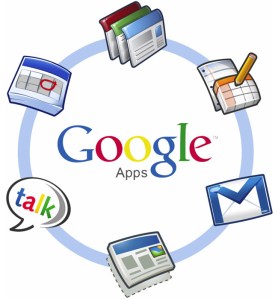
Google Apps has been leveraging nascent HTML5 capabilities to add bonus functionality to Gmail and Google Apps for a while now, but now the company is going to start requiring “modern” browsers with reasonably full HTML5 capabilities for its Google Apps products. As of August 1, Google Docs will support only the current and the most recent prior major release of Chrome, Firefox, Internet Explorer, and Safari. Among the browsers being left in the dust: Firefox 3.5, Safari 3, and Internet Explorer 7.
“For Web applications to spring even farther ahead of traditional software, our teams need to make use of new capabilities available in modern browsers,” wrote Google VP of engineering Venkat Panchapakesan. “These new browsers are more than just a modern convenience, they are a necessity for what the future holds.”
Google is not saying it will be blocking older browsers outright; instead, the company warns that older browsers may start having trouble with features in Gmail, Google Calendar, Google Talk, Google Docs, and Google Sites; eventually, the services may stop working in older browsers entirely. The new requirements don’t (yet) shut out users running Microsoft’s venerable Windows XP operating system: IE8 supports XP, as does Firefox 3.6. However, as Google moves forward and drops support for the most recent major versions of browsers—particularly as IE and Firefox convert to more-frequent release schedules—Windows XP users are likely to be left out in the cold—so are users of older PowerPC-based Macintosh systems.
Google, of course, would be pleased if everyone using older browsers would give its own Chrome browser a shot—it’s a good bet that Google will ensure its Google Apps and related services work well with Chrome before they worry about tweaking them for other browsers, even the mighty Internet Explorer.


